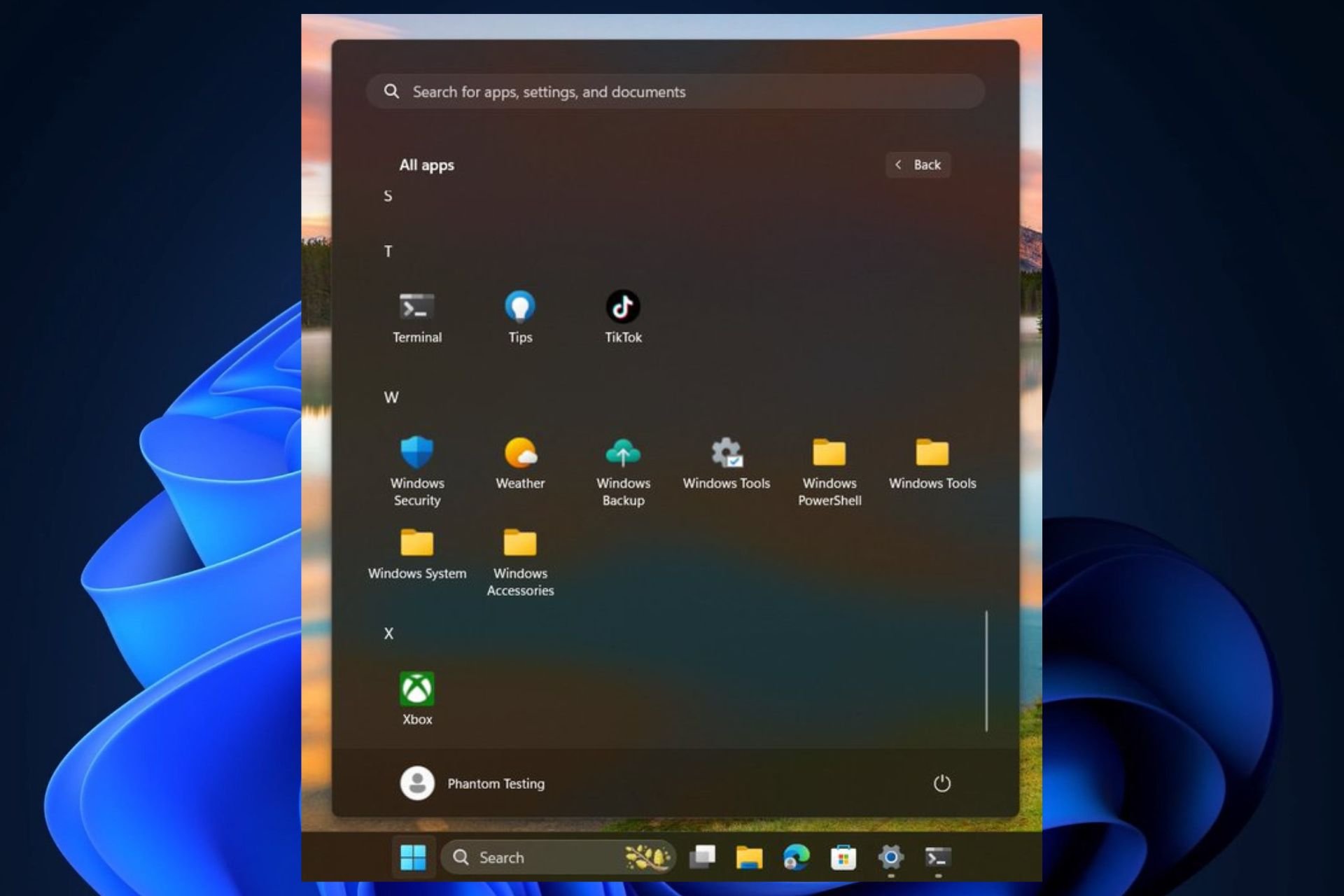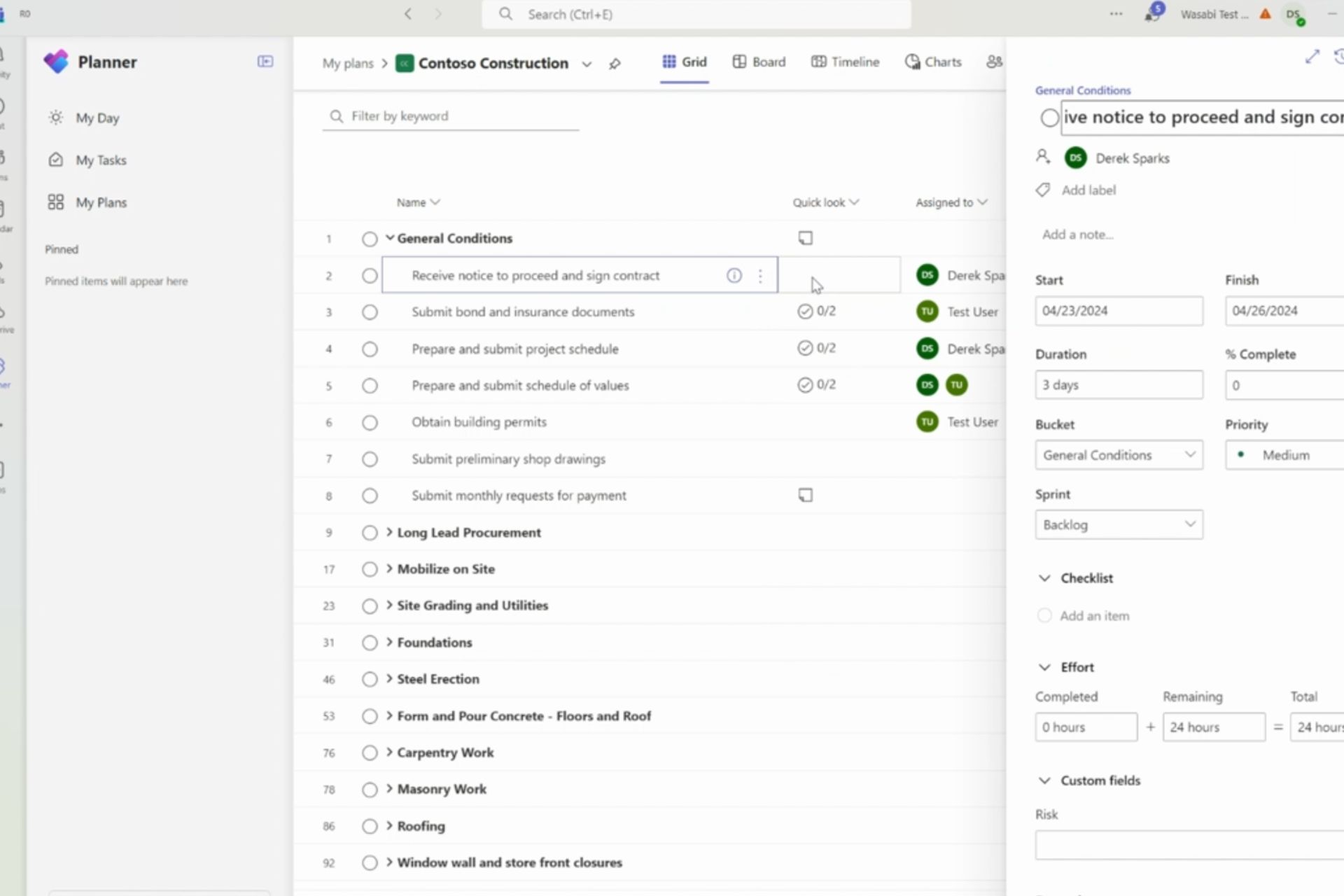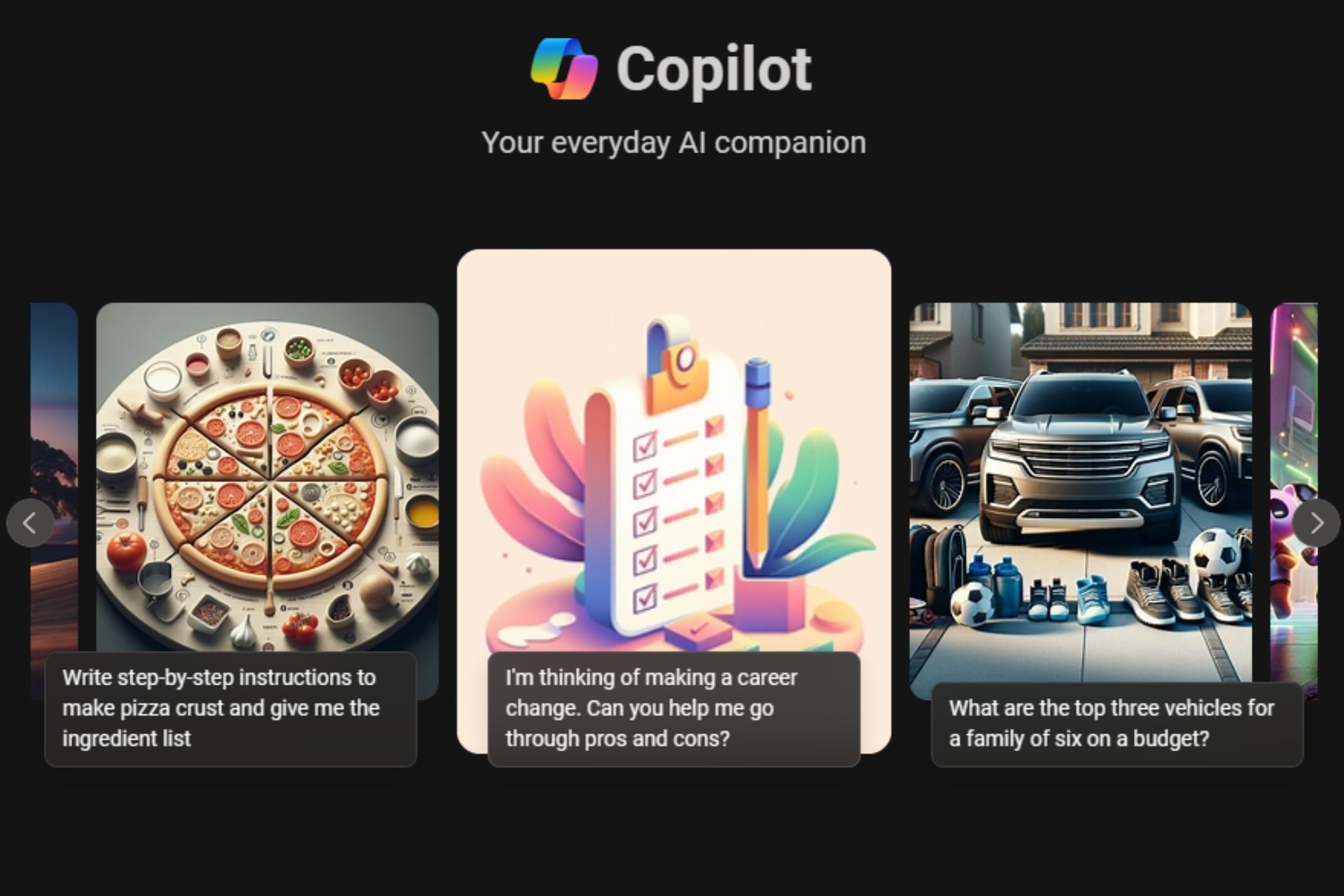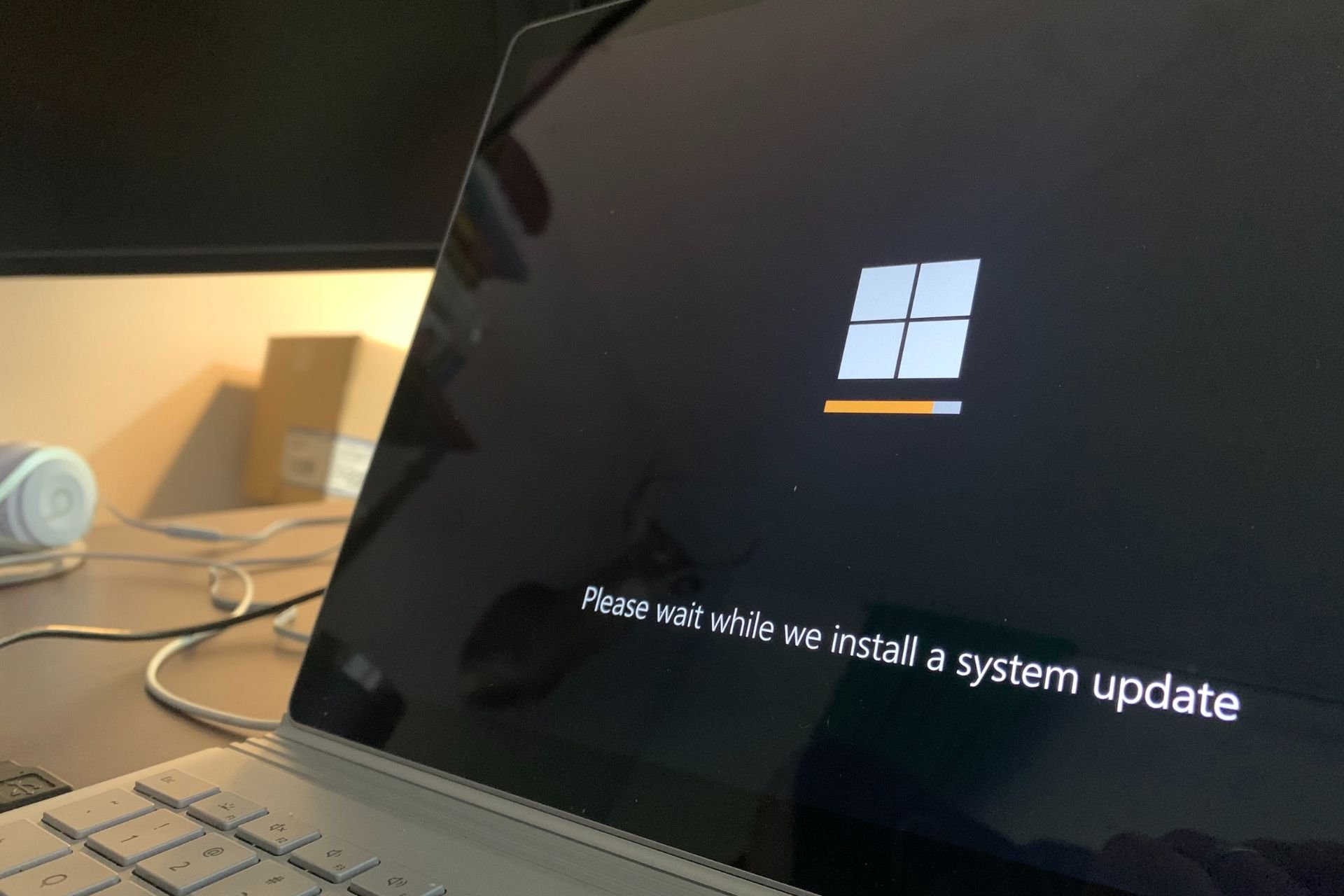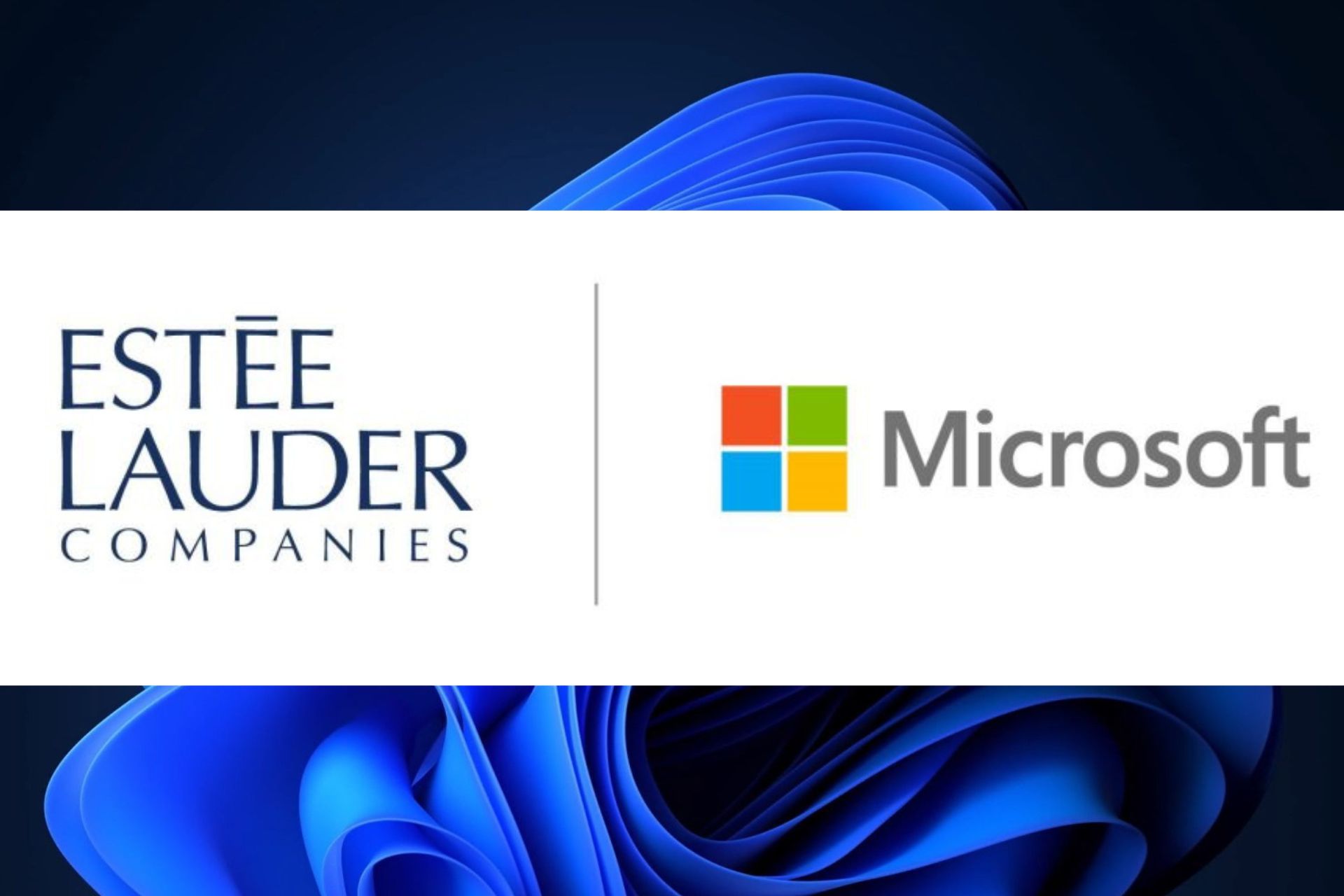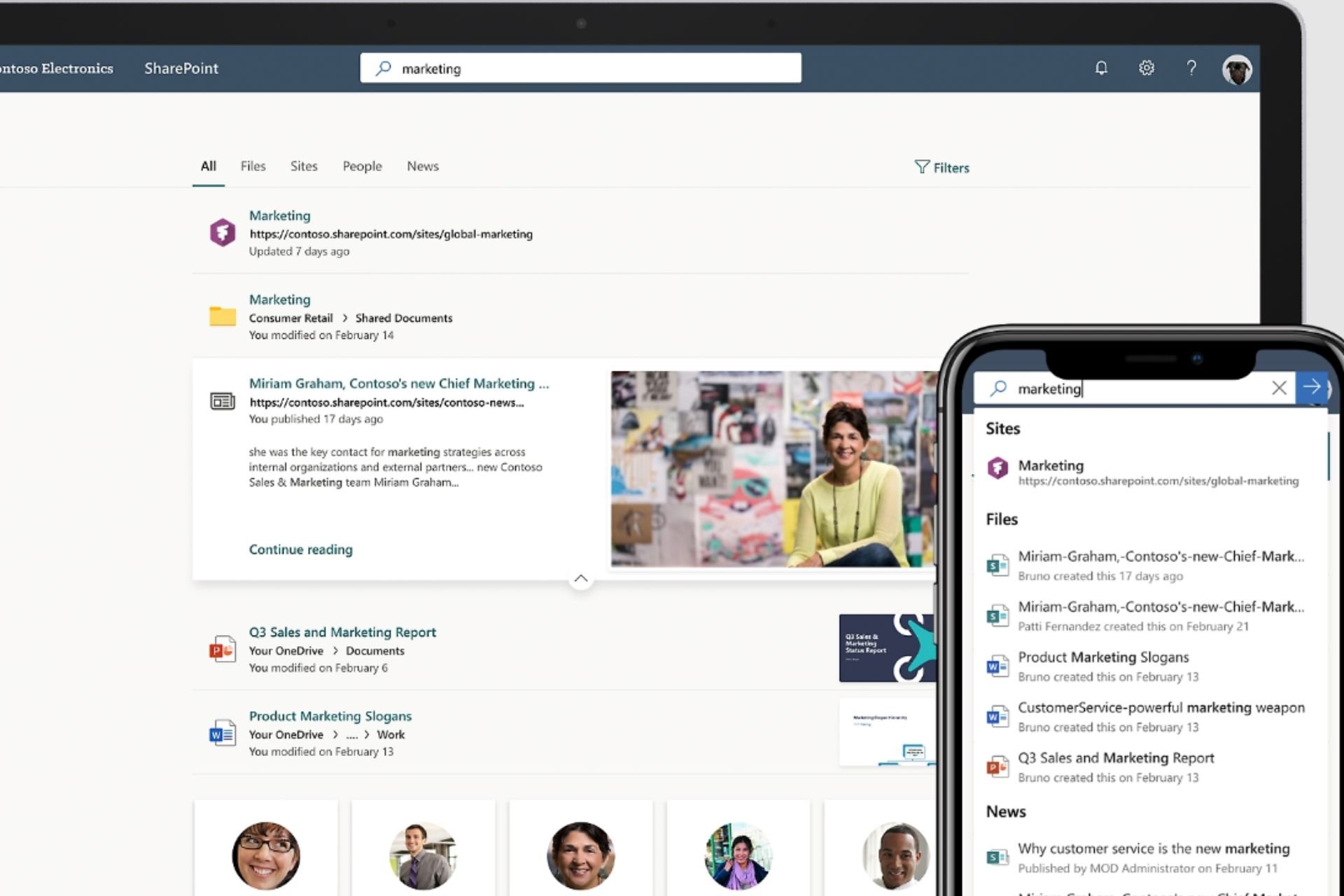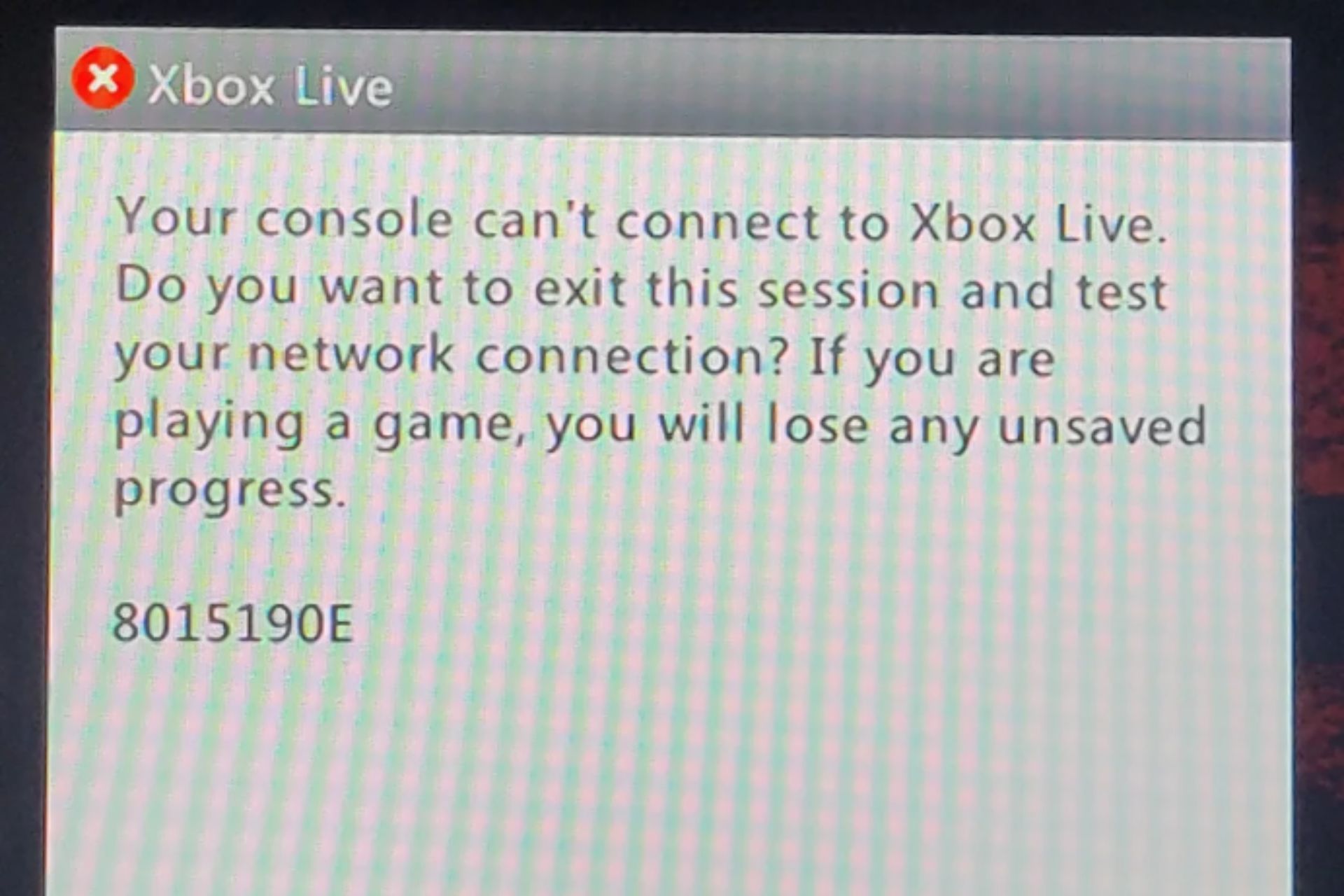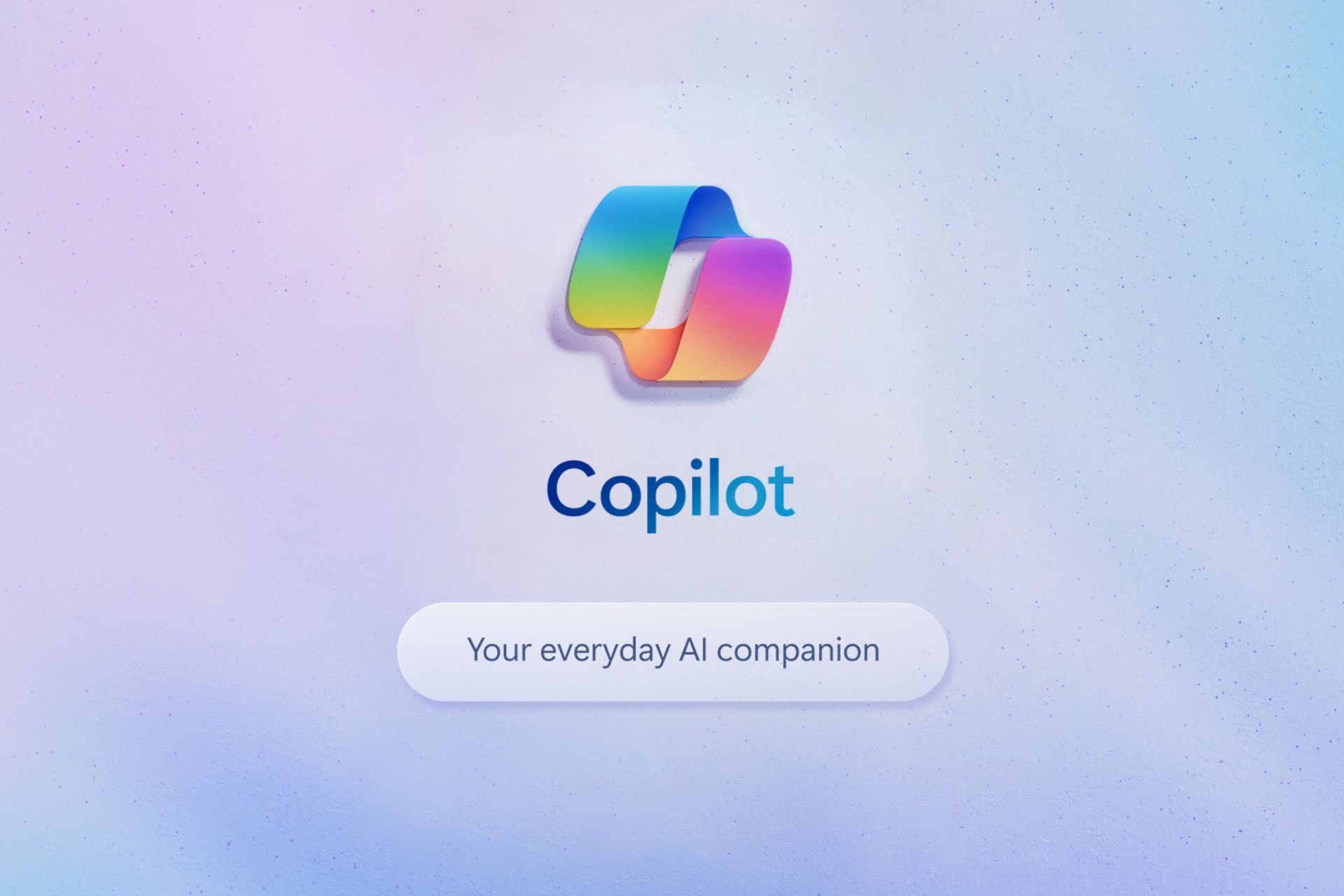Microsoft calls for action on computer science learning for all youth
3 min. read
Published on
Read our disclosure page to find out how can you help Windows Report sustain the editorial team Read more
Last night at Dreamforce, CEO Satya Nadella announced that Microsoft’s YouthSpark program will be expanded by a $75 million commitment over the next three years. This expansion of YouthSpark, Microsoft’s global computer science education program, is especially aimed at improving access for youth from under-represented backgrounds.
While undoubtedly this is a philanthropic effort in a general way, Microsoft is approaching this program as a tool to solve a practical problem. As the global economy grows and becomes more technically advanced, every industry on the planet is going to require more workers with computer science backgrounds and training. According to statistics in Microsoft’s announcement, in the U.S. alone there will be “1.4 million new computing jobs by the year 2022.” Yet in stark contrast to that statistic, the fact is that “less than a quarter of U.S. high schools currently teach computer science.”
As more and more advance technologies keep diffusing into mass consumer products and business services at exponential rates, the need for advanced workers is only going to increase to sustain this trend. Again, while undoubtedly a philanthropic move in a general way, this new effort is also working to solve a future practical problem for Microsoft. What will the global talent pool look like for the tech industry and Microsoft in the future when firms need to hire new developers, engineers, and advanced researchers to create the next generation of devices and software? This is a critical problem that doesn’t just affect the tech industry, but it affects all industries across the globe as virtually every aspect of society becomes more intertwined with interconnected devices and software.
The announced expansion of YouthSpark will be a global effort by Microsoft, but last night Nadella took the time to highlight how this expansion will particularly affect an initiative in the US called TEALS. TEALS stands for Technology Education and Literacy in Schools. As the name sounds, it is an initiative focused on bringing computer science into the classroom. It accomplishes this by pairing volunteer computer science engineers with classroom educators across the country.
Last year, the TEALS program helped teach 6,000 students in 131 high schools across the US. With the increase in funding from the expansion of YouthSpark, TEALS is planning to expand its efforts by “five-fold within three years” to reach “700 high schools per year and 30,000 students annually.” More ambitiously, their stated goal “is to reach 4,000 high schools – 10 percent of all in the US – over the next decade.”
Similarly, Microsoft also earlier this summer joined an initiative with the BBC and a host of other tech companies in the UK to give ever middle schooler a BBC Micro:bit computing device to encourage computer science education and “garage” tinkering by youth.
Microsoft’s blog post highlighting Nadella’s announcement closes with saying that this week’s announcement is just the beginning and they look forward to sharing more in the coming weeks and months.

